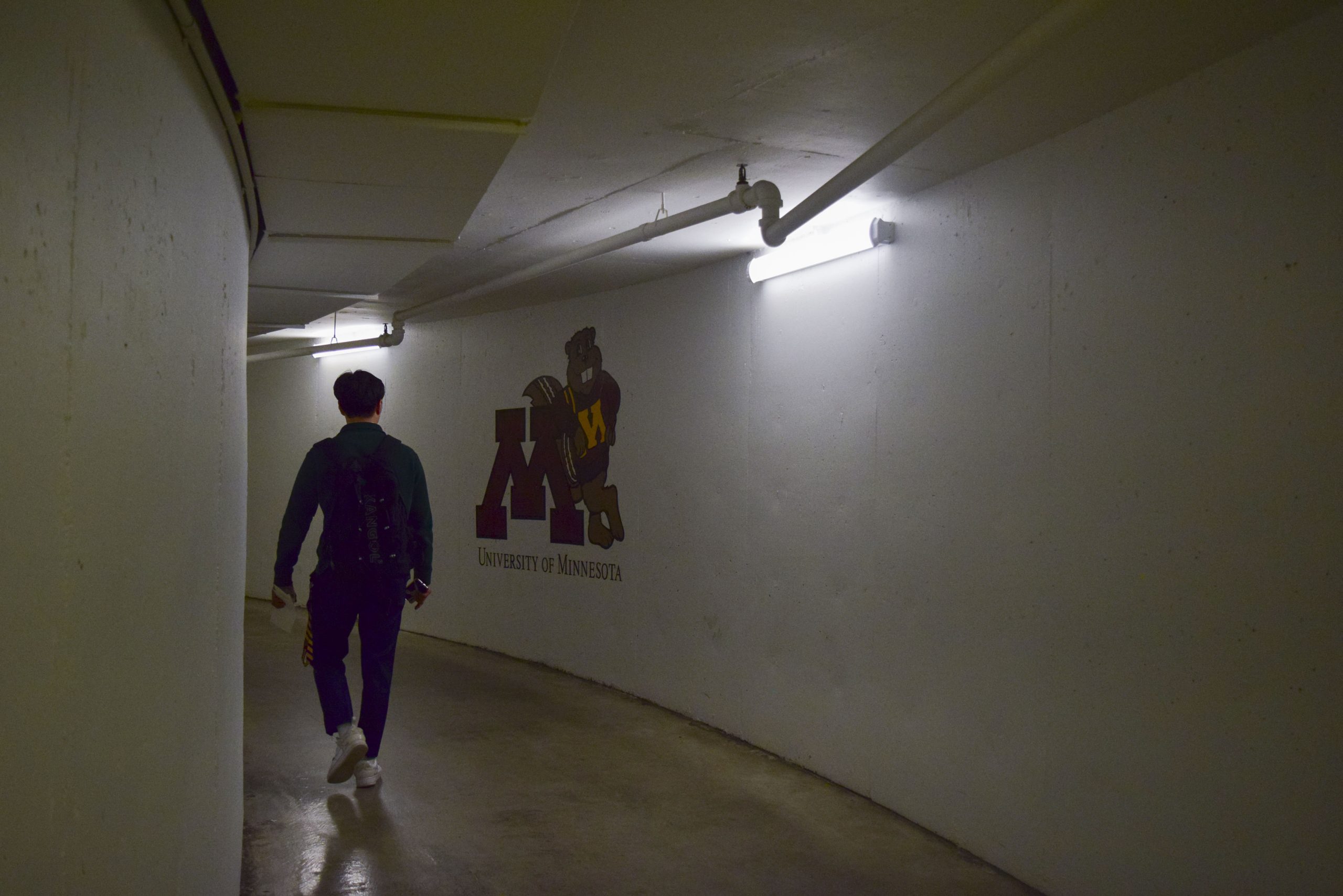No matter what book you read or what Web site you surf, nearly every source of information about the semester conversion boils down to one conclusion: Talk to an adviser.
However, with the conversion nearly seven months away, many students have not been eager to follow this ubiquitous suggestion, and the majority of those who do seem unconcerned about the change.
That attitude has some advisers foreseeing a last-minute advising rush in the spring.
“That’s a concern I have — that students are waiting,” said Laura Coffin Koch, associate director for semesters.
Advisers said some students might not be scheduling advising appointments because they are already prepared for the conversion; however, many said they doubted that this accounted entirely for the lack of traffic.
“I don’t think I’ve ever seen an adviser,” said Steve Toeniskoetter, a sophomore in the College of Liberal Arts.
Toeniskoetter said he doesn’t plan to break his adviser-free record. Because most of his general and pre-major classes are out of the way, he said he is not anxious about the transition and doesn’t see it as a problem for him.
Similarly, University student Jordan Schoenberg said he has been dealing with the semester conversion on his own, and his obstacles have been few.
“If there’s a problem, I will (see an adviser),” said Schoenberg, a sophomore in the Carlson School of Management.
With fewer students than expected seeking advice, some advisers are uneasy about the lack of student attention to the process.
Paul Germscheid, outreach coordinator for the College of Biological Sciences, said the student load in the college’s advising office has not increased since last spring.
The college has offered seminars on the conversion since last spring, but they have met with minimal interest, as only a few students attend each time.
The attention devoted to making students aware of the conversion process and their role in it — including printed booklets, World Wide Web sites and advising seminars — have forced the issue into the spotlight, Germscheid said.
Students cannot postpone an adviser visit until the eve of the conversion because “there’s very little they can do to make adjustments,” Germscheid said.
One reason other than apathy Germscheid offered for the lack of student traffic was that his college’s curricula won’t be drastically affected by the conversion. But many other colleges that aren’t as reliant on three-quarter sequences — like CLA — are a different story.
There, more immediate concerns — such as midquarter exams — could be taking priority over long-term issues like the conversion, said Sue Hunter Weir, senior academic adviser for CLA’s upper division.
Although traffic has picked up in her advising office as of late, Weir said advisers expect their workload to snowball in the spring. She said students who haven’t sought advising will look through the fall class schedules in the spring and say, “Whoa, now what do I do?”
Weir said students who do seek advising are most concerned with the same topic that is always a top priority for students — namely, how long it will take to graduate. The semester conversion is only a simple twist in that common question, she said.
“There’s no noticeable upset or concern,” she said.
To account for the projected student rush, the CLA upper division office added one half-time and two full-time advisers in the fall. They also plan to increase adviser walk-in hours in the spring.
The Institute of Technology also beefed up advising, adding two part-time advisers in the lower division advising office. Other colleges have added walk-in hours or increased adviser responsibilities as a result of the semester conversion.
Despite the preparedness of advisers, they realize their power to bring students into the offices is limited.
“Ultimately, it’s up to students,” said Peter Hudleston, coordinator for semesters in IT. “It’s not looming large on their radar screens.”
Ann Pineles, assistant director for the IT lower division programs, said while advisers are willing and able to provide information, students have the upper hand.
“A lot of us rely on students to come to us with questions,” Pineles said.
And those students who feel lost in the process can’t blame their confusion on the University if they haven’t spoken to an adviser, Germscheid said.
“You can’t come back and say, ‘No one told me (about the conversion),'” Germscheid said. “You can try, but no one’s going to listen.”










